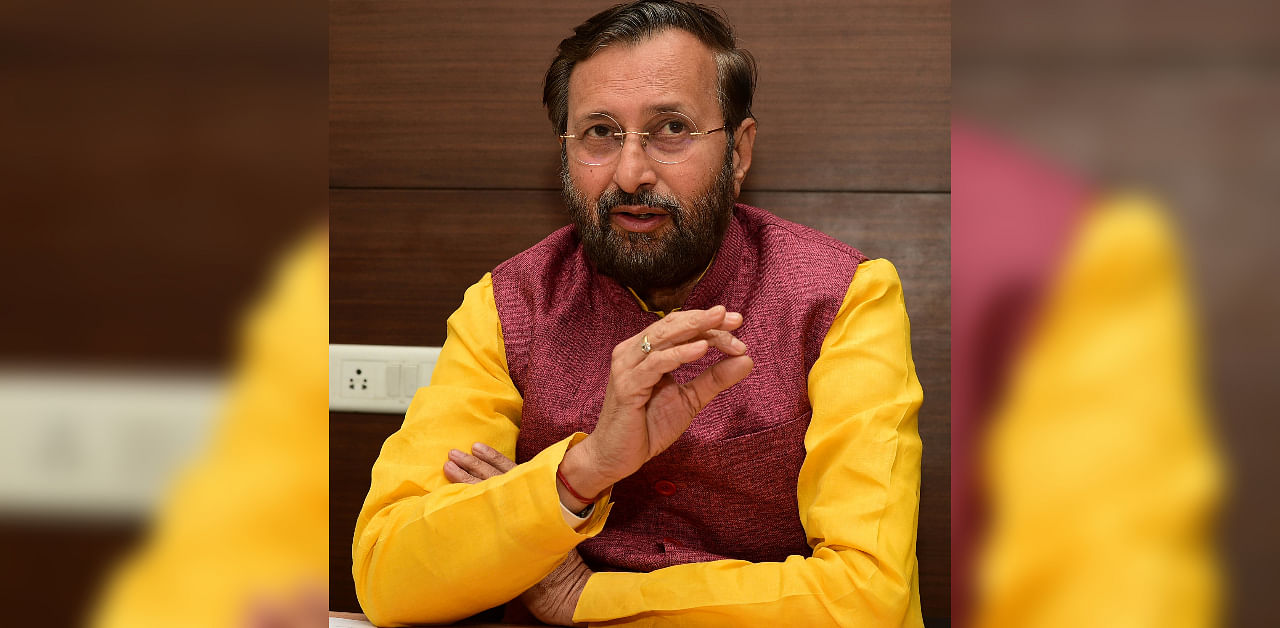
The Union Cabinet on Wednesday cleared the setting up of National Recruitment Agency (NRA) for conducting Common Eligibility Test (CET) for middle and junior level jobs in central government that would bring cheer to millions of aspirants presently appearing in multiple exams for jobs with similar eligibility conditions.
Referred to as "transformational reform", it is expected to erase "pain points" like paying repetitive application fees and costs incurred on travelling to reach recruitment centres several times a year as well as provide more opportunity to women and rural folk to try at Group B and C jobs.
From now on, the NRA will conduct the preliminary exam (CET) for non-technical jobs, which are presently conducted by the Staff Selection Commission (SSC), the Railway Recruitment Board (RRB) and the Institute of Banking Personnel Selection (IBPS) and followed by specialised tests.
At a later stage, CET scores of candidates could be obtained by states as well as public and private sector companies for recruitment after entering into an agreement with the Centre. DH had on December 3 last year reported about the government mooting the plan for CET.
At present, a candidate will have to go through all the stages separately for all jobs but with the introduction of CET, they will have to appear only for a common preliminary exam. On an average, 2.5 crore to 3 crore candidates appear in each of these examinations.
The curriculum for CET would be common as would be the standard. This would ease the burden of candidates who are at present required to prepare for each of the examinations separately as per different curriculum.
The NRA, which has been sanctioned Rs 1,517.57 crore for three years, will shortlist the candidates for Group B and C posts and based on the CET score, the final selection will be made through separate specialised Tier 2/3 examinations conducted by respective recruitment agencies.
Some departments have already indicated that they will do away with any second level test and go ahead with recruitment on the basis of CET scores, physical tests and Medical examination.
As per the plan, separate CET will be conducted for graduate, higher secondary (Class XII) and matriculate (Class X pass) levels. The CET will be conducted in several languages and it is expected that it would give an equal opportunity for people from across the country.
Officials calculate that CET will help in reducing the number of candidates appearing in specialised exams by 5 per cent of the total number of candidates.
There will be no restriction on the number of attempts by a candidate, subject to upper age limit. CET score of a candidate will be valid for three years and the best available score during the three years will be considered as the current score.
Initially, the NRA will conduct CET twice a year and registration, generation of admit cards, display of marks and merit list will be done. Bulk of the candidates will be screened out during CET, which will be conducted through multiple choice objective type questions.
Examination centres will be set up in every district of the country and there will be special focus on creating examination infrastructure in the 117 Aspirational Districts
"The proposal will not only ease access to rural candidates, it will also motivate the rural candidates residing in the far-flung areas to take the examination and thereby, enhance their representation in Central Government jobs," an official statement said.
Information and Broadcasting Minister Prakash Javadekar described the decision as historic. Minister of State for Personnel Jitendra Singh termed it a revolutionary and landmark reform in the history of the country. Singh said it will lead to ease of selection, ease of job placement and ease of living, especially, for those sections of society that are considered disadvantaged.
